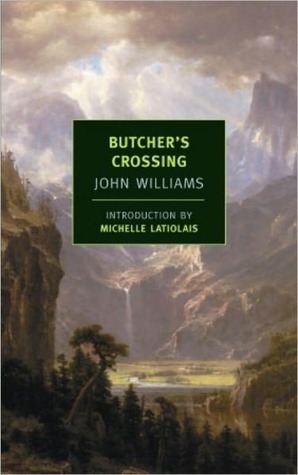More on this book
Community
Kindle Notes & Highlights
But whatever he spoke he knew would be but another name for the wildness that he sought. It was a freedom and a goodness, a hope and a vigor that he perceived to underlie all the familiar things of his life, which were not free or good or hopeful or vigorous. What he sought was the source and preserver of his world, a world which seemed to turn ever in fear away from its source, rather than search it out, as the prairie grass around him sent down its fibered roots into the rich dark dampness, the Wildness, and thereby renewed itself, year after year.
He believed—and had believed for a long time—that there was a subtle magnetism in nature, which, if he unconsciously yielded to it, would direct him aright, not indifferent to the way he walked.
He felt himself to be like the land, without identity or shape; sometimes one of the men would look at him, look through him, as if he did not exist; and he had to shake his head sharply and move an arm or a leg and glance at it to assure himself that he was visible.
It was not itself; or it was not that self that he had imagined it to be. That self was murdered; and in that murder he had felt the destruction of something within him, and he had not been able to face it. So he had turned away.
“Me ruin you?” McDonald laughed. “You ruin yourself, you and your kind. Every day of your life, everything you do. Nobody can tell you what to do. No. You go your own way, stinking the land up with what you kill. You flood the market with hides and ruin the market, and then you come crying to me that I’ve ruined you.” McDonald’s voice became anguished. “If you’d just listened—all of you. You’re no better than the things you kill.”
“Young people,” McDonald said. “Always wanting to start from scratch. I know. You never figured that someone else knew what you was trying to do, did you?”


